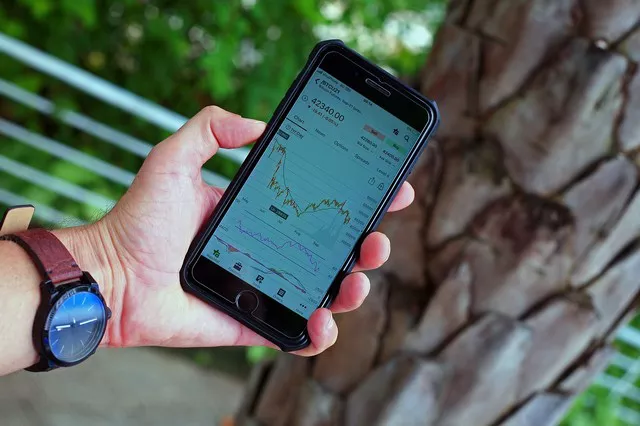Futures contracts are derivative financial instruments that enable traders to speculate on the future price movement of various assets, including commodities, currencies, and financial instruments. While futures contracts are widely traded, it’s essential to understand the key players involved in buying these contracts. In this article, we will explore who buys futures contracts and their motivations. By delving into the details, we can gain insights into the dynamics of the futures market and the diverse participants that contribute to its liquidity and functionality.
Hedgers
Definition and Purpose:
Hedging Risk: Hedgers are market participants who aim to mitigate or manage risks associated with price fluctuations in the underlying asset. They seek to lock in future prices to protect themselves from adverse movements.
Types of Hedgers: Hedgers can be producers, consumers, or intermediaries involved in the production, purchase, or sale of the underlying asset. Examples include farmers, oil companies, manufacturers, and commodity traders.
Motivations and Strategies:
Price Stability: Hedgers use futures contracts to establish a predetermined price for future transactions, reducing uncertainty and ensuring stability in their operations.
Long and Short Positions: Depending on their exposure to price risk, hedgers can take either long (buy) or short (sell) positions in futures contracts to manage their specific risks.
Speculators
Definition and Objectives:
Profit Generation: Speculators are traders who actively participate in the futures market with the primary goal of earning profits from price fluctuations.
Market Liquidity: Speculators play a crucial role in providing liquidity to the futures market by taking on positions that hedgers may not be willing to assume.
Motivations and Strategies:
Directional Trading: Speculators aim to predict the future price movements of the underlying asset and take positions accordingly. They may take long or short positions based on their expectations.
Leveraging: Speculators often utilize leverage to amplify their potential returns. By controlling a larger position with a smaller investment, they can magnify their profits if their predictions are accurate.
Arbitrageurs
Definition and Goals:
Exploiting Price Inefficiencies: Arbitrageurs seek to profit from temporary price discrepancies between related assets or markets. They aim to take advantage of price differentials by simultaneously buying and selling contracts to lock in risk-free profits.
Efficiency Enhancements: Arbitrageurs contribute to market efficiency by aligning prices across different exchanges or related assets, ensuring that no riskless profit opportunities exist.
Motivations and Strategies:
Simultaneous Transactions: Arbitrageurs execute simultaneous buy and sell transactions to capture price differentials. They typically have advanced technology and access to real-time market data to identify and act upon these opportunities.
Speed and Efficiency: Given the highly competitive nature of arbitrage, speed and efficiency in executing trades are critical. Arbitrageurs employ automated trading systems and algorithms to capitalize on fleeting price discrepancies.
Conclusion
The buyers of futures contracts in the market consist of a diverse range of participants, each with their own motivations and strategies. Hedgers seek to manage price risks associated with the underlying asset, speculators aim to profit from price fluctuations, and arbitrageurs exploit price inefficiencies across markets. Understanding the role and motivations of these key players provides valuable insights into the functioning and dynamics of the futures market. By analyzing their actions and interactions, traders and investors can make informed decisions and navigate the futures market with greater confidence.


